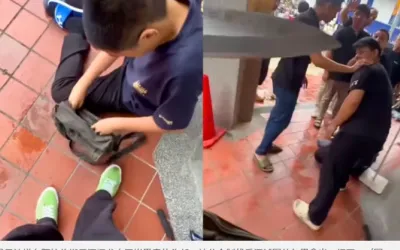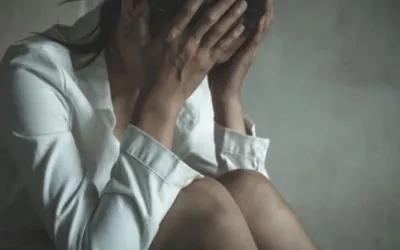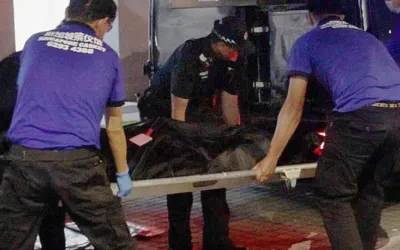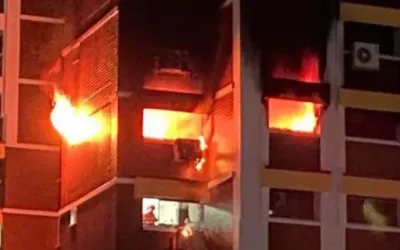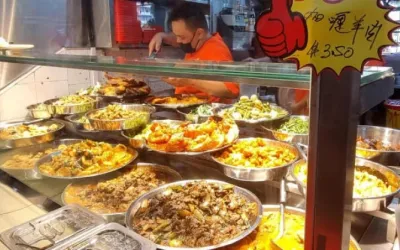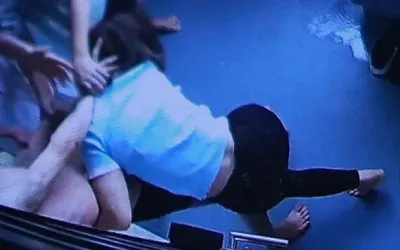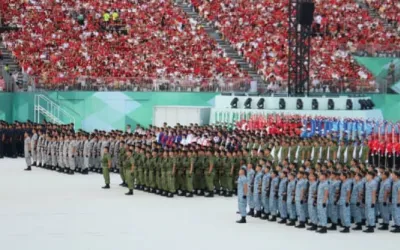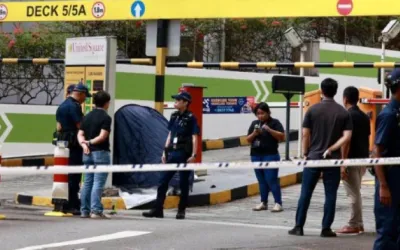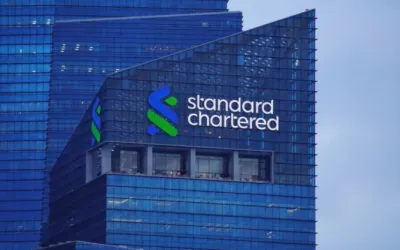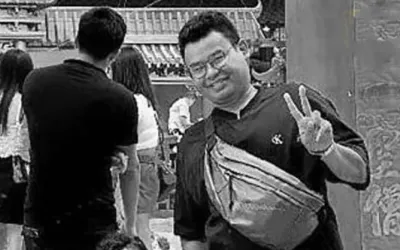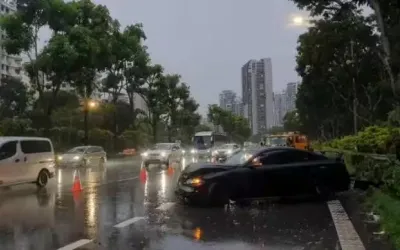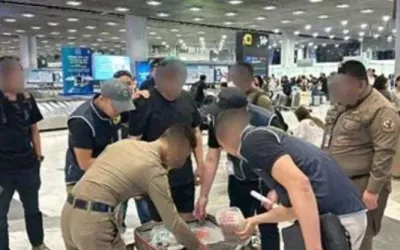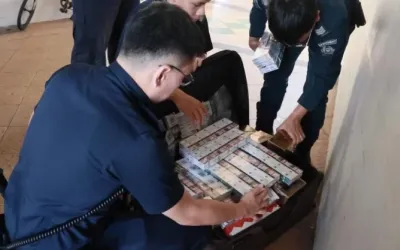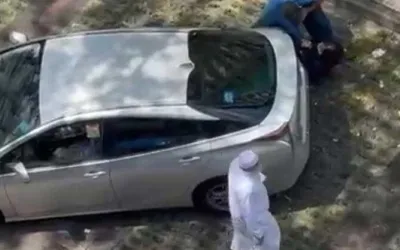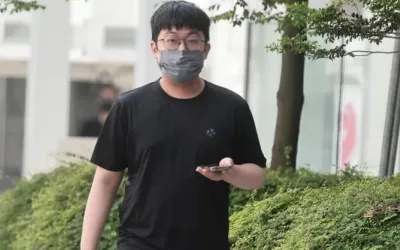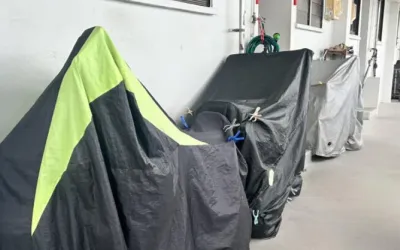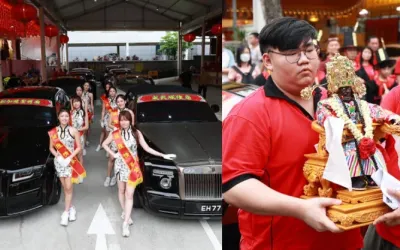政府将会为你们创造更多机会,让你们为共同利益贡献力量,塑造我们社会的品格和氛围。我们今年早些时候成立了新加坡政府合作办公室,旨在让新加坡人更容易与政府合作。
我们正在建立更多平台,汇集公民、社区团体和企业,共同开发和实施解决当今重要问题的方案,无论是提升低薪工人待遇,还是增强新加坡的食品安全能力。最近,我们设立了青年小组,讨论年轻人关心的议题。我们建立了四个这样的小组,涵盖财务安全和可持续性等问题。这些青年小组的成员投入了大量时间和精力来了解问题,并将有机会在八月的首届青年政策论坛上提出改进建议。也许你没有参与这一轮青年小组,但将来会有更多机会,我们欢迎更多年轻人加入进来。
结论:
总结起来,我开始谈论世界的变化,以及我们如何像过去新加坡所做的那样适应并蓬勃发展。在过去的六十年里,我们确实走了很长的路。但新加坡始终是劣势群体。我们永远是一个小红点,没有后路和天然资源。如果新加坡出现问题,没有人会来拯救我们。最终,决定一切的还是我们,新加坡人,取决于我们自己的智慧和创造力,为自己的未来奋斗,并决定我们自己的命运。
因此,无论我们之间有何不同,我们必须始终团结一致作为一个民族。这正是我们共同度过疫情的方式。我们需要的正是这种精神——勇敢思考,放眼远方,为我们的前进道路制定计划。
你们每一个人都是新加坡故事下一章的作者。我相信我们的美好时光在前方等待着我们。让我们一同憧憬新的可能性,共同开辟新的道路,引领新加坡走向更加光明的未来。
谢谢大家。
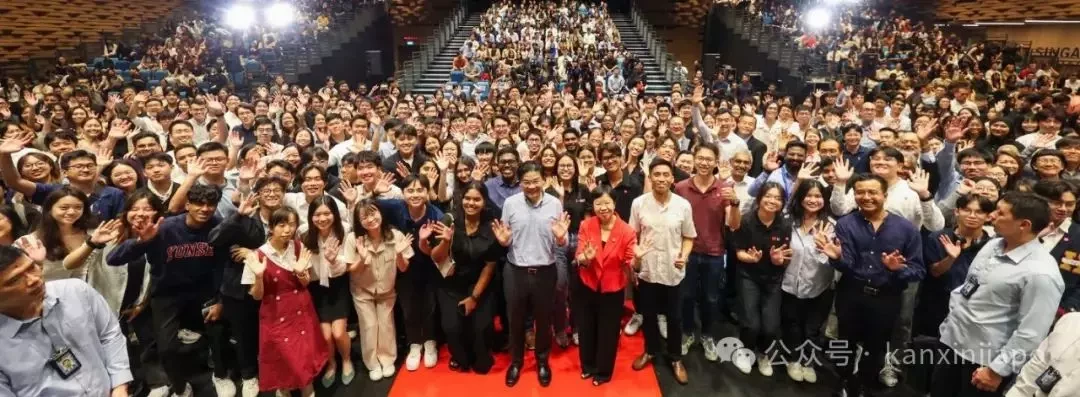
以下是英文质询内容:
Distinguished guests
Ladies and gentlemen
Students
I am very happy to join all of you for this evening’s dialogue session.
It is very good to have the chance to meet with young students from our ITEs, polytechnics and universities.
And I thank IPS, Varsity Voices, and SMU for making this event happen.
I am about 30 years older than most of you. I may not look it but I am. I reflected on what life was like when I was around your age, meaning the students’ age, not the ones seated in the front row. Life in the early 90s, at that time – the internet was still very new, we did not have smart phones, we certainly did not have social media.
It was a different world. China’s economic rise was only beginning to take shape at that time. The Berlin Wall had just fallen, and the Soviet Union had dissolved. America had emerged as the sole super-power of the world. And thereafter, we enjoyed peace and stability, especially in the Asia Pacific, we saw the flourishing of globalisation and trade.
Singapore was also very different at that time. I know sometimes there is a tendency to romanticise the past; we think that the “good old days” are always better. You probably hear it a lot from your parents. But things were not all that rosy back then either.
At that time in Singapore, our public transport system, for example, was not as connected as it is now. We only had two MRT lines – East-West and North-South, what we now call the green and red lines. And you look at our MRT map, it is so interconnected now.
There was not so much to do for recreation back then. In fact, Singapore was called a “cultural desert” by critics. There is something to be said about the criticism because all I can remember about going out with friends was to Orchard Road, to watch a movie, pretty much that.
Our arts and cultural offerings were very limited. We did not have the Esplanade, Marina Bay, Gardens by the Bay, or the Sports Hub.
Much has changed in the last 30 years.
There have been ups and downs along the way. But on the whole, our lives have gotten better in Singapore. Our living environment has improved significantly – we have beautiful HDB estates, we have more green spaces and park connectors, we have a much connected and convenient public transport system. Our economy is stronger, it is more diversified and there are many more opportunities including more good-paying jobs for Singaporeans. Life in Singapore has become more vibrant – we now have more recreational options, as well as sports, arts, and music events.
Put another way, in my cohort – those of us born in the early 70s – about 55% of us went on to post-secondary education. Nowadays, almost everyone in the cohort has the chance to pursue their post-secondary education – be it at university, polytechnic or ITE. A young university graduate at that time; someone like me in the early 90s would have started out earning around $3,000 or less. Now it is about $5,000. These are how things have concretely improved over time.
No doubt there were challenges along the way. The changes that Singapore went through over the decades were sometimes disorientating and disruptive to certain segments of society. We also went through our share of challenges. We had the Asian Financial Crisis in 1997, SARS in 2004, and the global financial crisis of 2008. But each time, we rallied together, we weathered through the storms and emerged stronger.
What can we expect now – looking ahead, over the next 20-30 years? I think it is impossible to predict what will happen. No one can tell you this will certainly take place. But I have no doubt that we will face our share of challenges in the years and decades ahead. For one, Singapore will have to operate in a more difficult external environment. The previous era of globalisation and free trade is over. We are not going to go back to that again. We now see a new era of competition, especially between the major powers and between US and China. The world is becoming more dangerous and fragmented. It will be increasingly difficult for countries to come together to solve global problems.
Take the problem of tackling a big issue like the pandemic. During the height of the pandemic, everyone said – let us work together to improve global surveillance systems so that if a virus were to start up again, we would know and we would get better at detecting it quickly and we can take appropriate safeguards and measures. That was at that time, now after so many years of talking and discussing, unfortunately, not much progress has been in strengthening the global surveillance system to guard against a future pandemic.
Take the problem of climate change, which is likely to be the biggest problem humanity has to confront in our time. People talk about wanting to cut back emissions. Countries make all sorts of commitments but unfortunately, we do see a backsliding in many of these commitments around the world. Particularly from the large emitters, which means, year-by-year emissions continuing to rise, global temperatures continuing to rise, and we are all headed towards a climate disaster. On the climate, it looks like things might very well get worse before it gets better.

